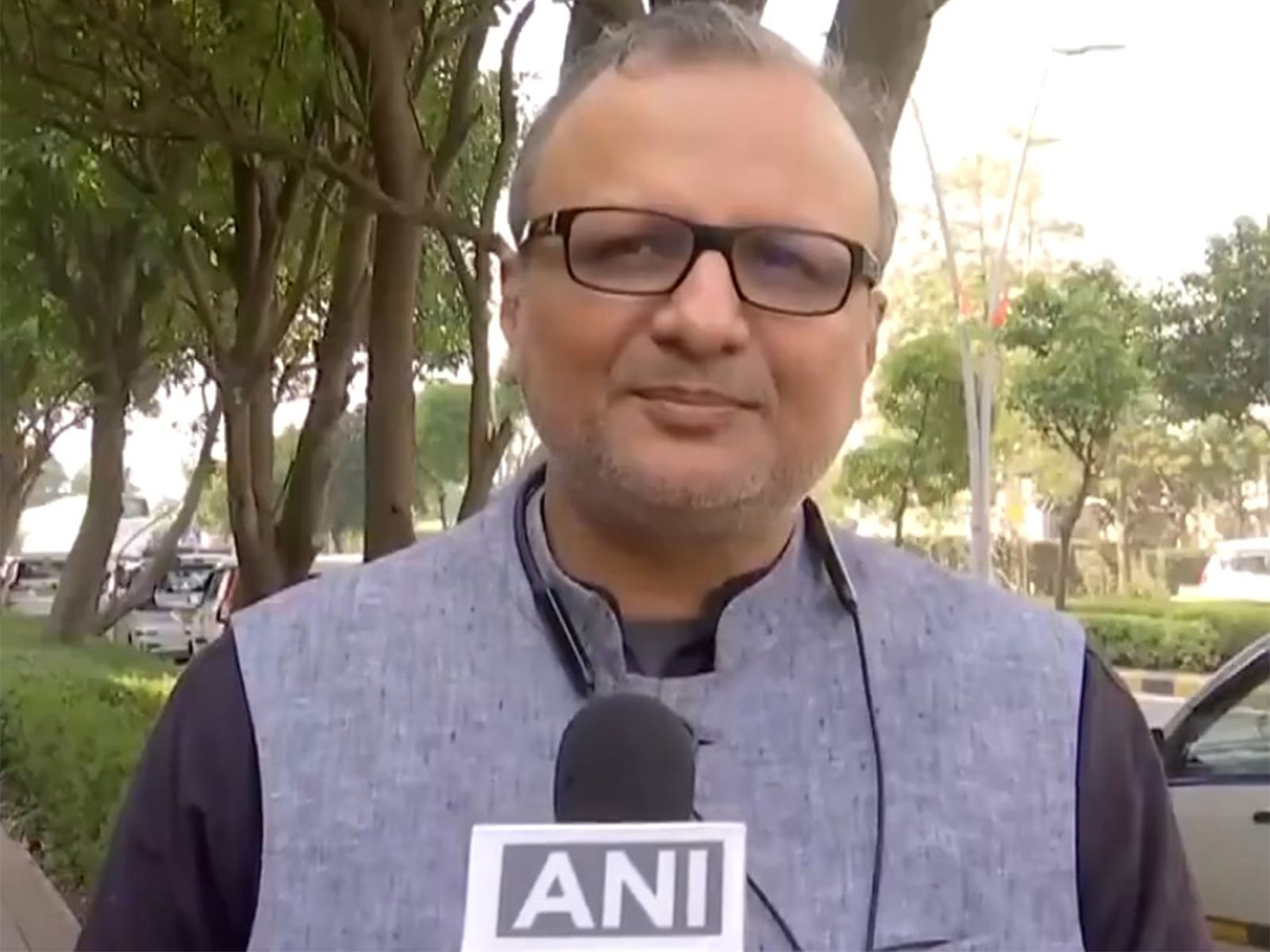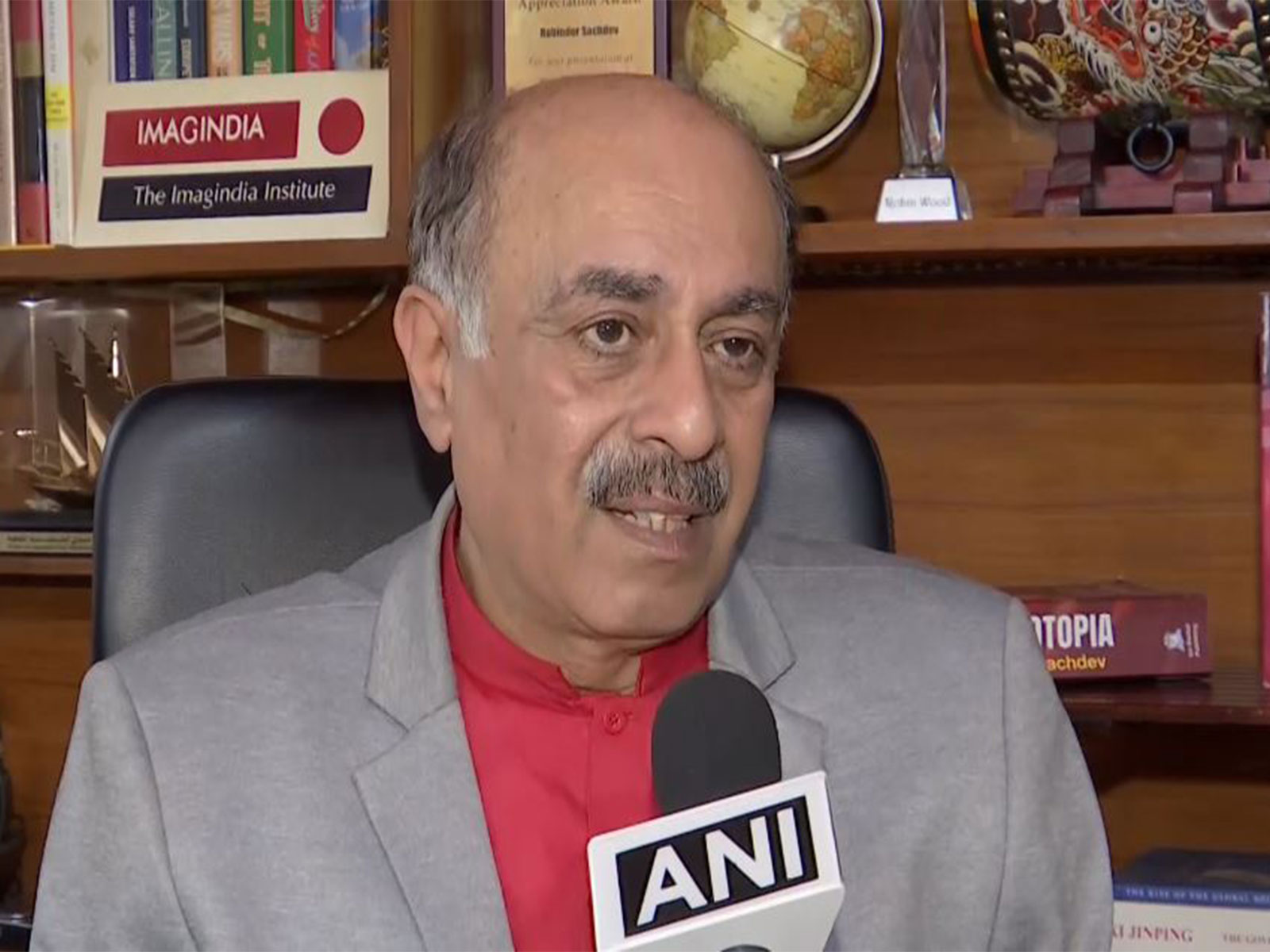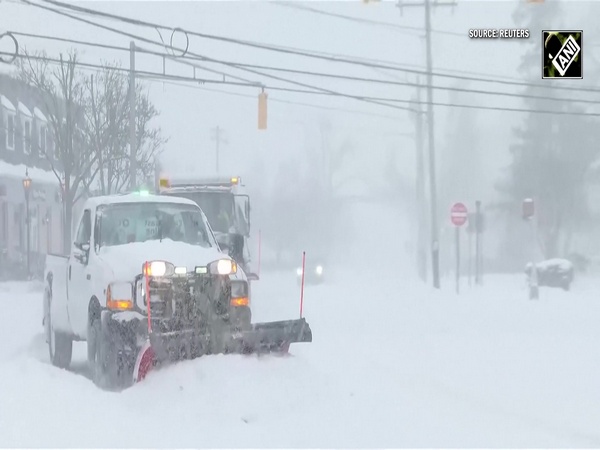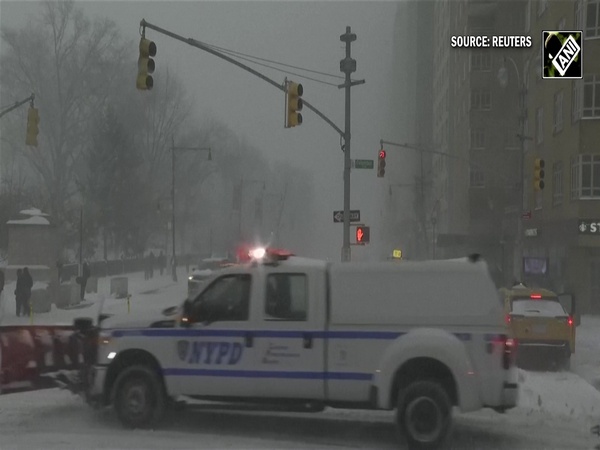"Will not radically change picture": Russian Dy FM Ryabkov on US tariffs
Jul 11, 2025

Moscow [Russia], July 11 : Moscow will adapt if the United States imposes 500% secondary tariffs on Russian trade partners and such punitive measures will not sway the country from its sovereign path, Russian Deputy Foreign Minister Sergey Ryabkov has said, RT reported.
Responding to questions from journalists on Thursday about the proposed tariffs, Ryabkov said, "The hypothetical arrival of some new measure, in the form you described, will require additional analysis and reflection, but will not radically change the picture." According to RT, Ryabkov also noted that more than 30,000 sanctions have already been imposed on Russia by foreign states.
US President Donald Trump earlier this week said he is "very strongly" considering supporting legislation that would impose the massive 500% levies. RT reported that the legislation was introduced by Senator Lindsey Graham and is aimed at compelling Moscow to make concessions regarding the Ukraine conflict.
Western nations began imposing sweeping sanctions on Moscow after the Ukraine conflict escalated in 2022, targeting key sectors of the Russian economy. Moscow has repeatedly denounced these sanctions as illegal and counterproductive, RT noted.
Russian President Vladimir Putin, speaking at the Eurasian Economic Union summit in Minsk last month, said that the sanctions are causing more damage to the West than to Russia. "The more sanctions are imposed, the greater the damage to the imposers," he said, according to RT.
Putin further asserted that Western restrictions have reshaped Russia's economy by creating opportunities for domestic firms to replace foreign companies. "Ultimately, these sanctions have changed the quality of the Russian economy," he said. "Russia has only grown more resilient faced with the unprecedented sanctions," RT reported.
Despite the pressure, Russian officials maintain that Moscow will stay the course and not be coerced into altering its foreign or domestic policies by external economic threats.



















